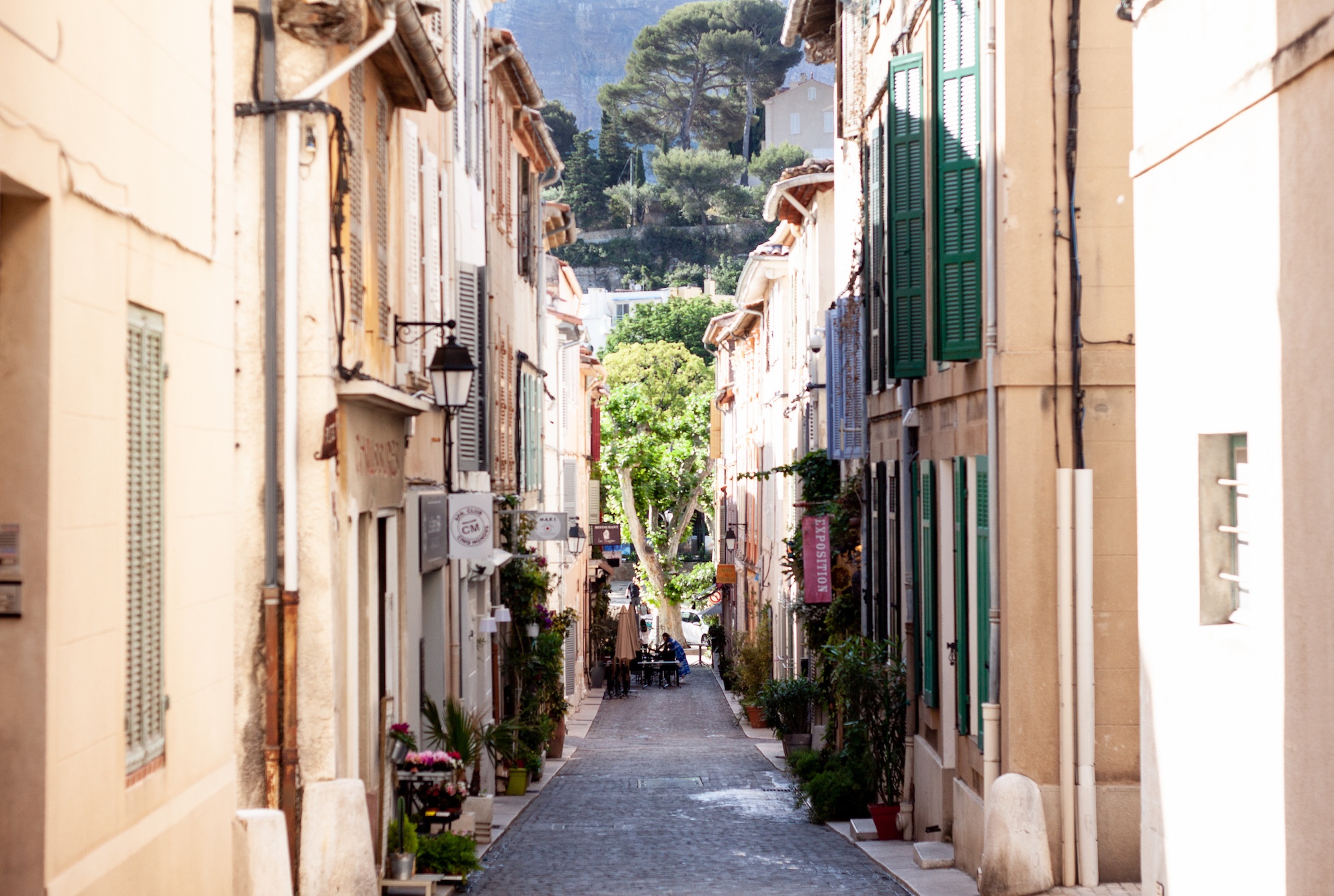Remote work is a better tourism
# June 9, 2022

I've worked remotely from Kona (Hawaii), London (United Kingdom), Marseille (France), and Tahoe (California) over the last few years. I've been to most of those places before as part of vacations. In almost all cases, I've vastly preferred working there.
It gives you the encouragement to do what locals do. Go to coffee shops. Exercise in the evenings. Find some cheap grocery stores. Cook a meal and invite neighbors. Get out of the city and enjoy a hike. You're way more likely to meet people who live there if you engage them where they're most likely to be doing work and living lives themselves.
In Hawaii I learned how to surf right outside of town. It was a small place with a constant hum of tourist foot traffic. Since conditions changed so quickly that winter, I called the shop almost every day to ask for conditions. It turns out that most of their clientele is transient and they only have a few people that surf there permanently. Just showing up week in and week out was enough to get close with the owners and surf instructors. Before long we were surfing together and grabbing Olas at sunset.
In Paris I went to the farmers market with a grandmother that lived in our building. She knew everyone and everything on her shopping list, and walked twice as fast as I could to each stall. She also spoke no english so we communicated mainly through my french friends and hand gestures. I started learning French on the side in large part because of her.
Let's say you prefer tourist activities - sightseeing, beaches, etc. In the course of a month you'll have four weekends of unstructured activities. That's eight days of opportunity, 96 days throughout the year, significantly more than the 23.9 days that an average American takes in PTO each year [1]. You're probably more inclined to make the most out of these days as well since you're still in a place that's novel.
This form of remote work presupposes you have a flexible family situation that allows you or your spouse to travel. But cost itself has been affordable. Average housing accommodations (even with the premium paid for short term rentals) have been on-par with San Francisco. Food is the same case, more or less equal to what you'd have in the bay area.
Even for shorter periods of time, I see short stints of international remote work becoming far more common.